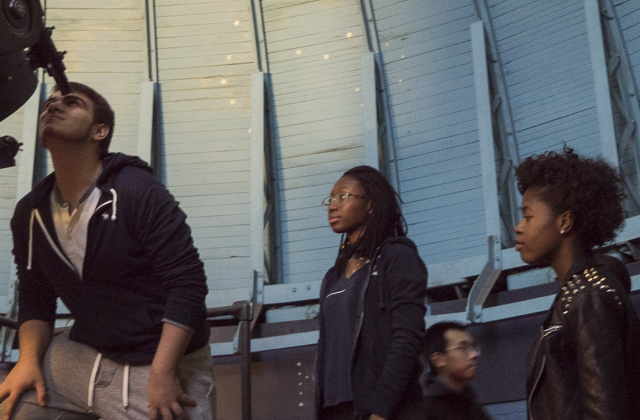Will a chip reverse blindness?
Columbia Engineering professor Ken Shepard is leading a team to develop an implanted brain-interface device to help those with neurodegenerative diseases or auditory and visual impairments.
Current implant devices have only a few electrodes and are capable of only very specific types of brain stimulation. Shepard and his team aim to build a much more sophisticated device with more than one million electrodes.
Shepard has started fabricating chips for implantation. Working at the edge of current silicon technologies, he is creating a single, non-invasive chip that conforms to the brain surface and moves with brain tissue.
Shepard aims to begin trials in humans in four years, using the chip’s capacity to interface directly with the auditory and visual cortexes to improve brain function for those who need it most. Learn more.
Make Your Commitment Today




